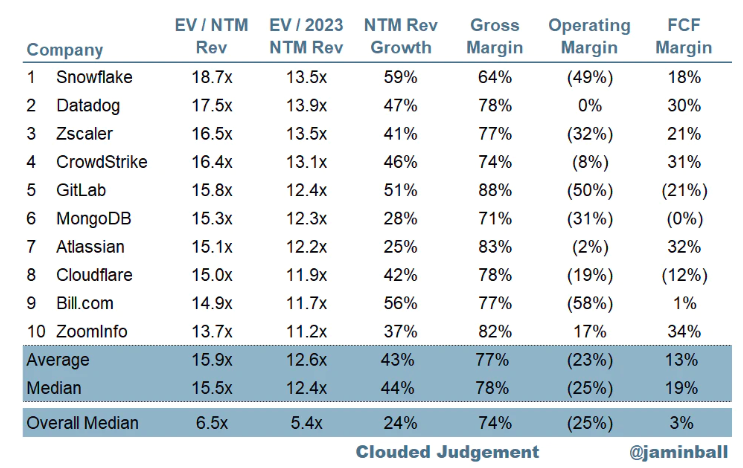Hello from America, where we are digesting some pretty big news. Given the portent and weight of what’s going on today, it may feel a bit weird to sit down and read about billions of dollars of someone else’s money. But this is a technology startup and financial news site. So, to work. Just know that our hearts are where yours are.
Zendesk agreed to sell itself to an investor collective for $10.2 billion earlier today. An 11-figure sale of any company is notable, but in the case of Zendesk, it’s not for the reasons you might initially expect.
The Exchange explores startups, markets and money.
Read it every morning on TechCrunch+ or get The Exchange newsletter every Saturday.
You see, Zendesk turned down a $17 billion offer earlier this year. TechCrunch at the time somewhat agreed with that choice given its then-relatively low implied revenue multiple. Fast-forward a bit more than a quarter and, under pressure from a falling stock price, Zendesk is out the door for far less than it could have accepted earlier in 2022. Our first-read analysis was that the news was bad for the more than 1,000 unicorns chewing their cud on the private market, waiting for the IPO window to reopen and market valuations for software companies to rebound.
 But what portion of the unicorn horde is actually ready to go public? Not a big one. And of those that aren’t, you know, ready to go public, what portion of those unicorns are really worth their paper price? That’s our homework for today. Follow along for some relaxed Friday math-based theorizing.
But what portion of the unicorn horde is actually ready to go public? Not a big one. And of those that aren’t, you know, ready to go public, what portion of those unicorns are really worth their paper price? That’s our homework for today. Follow along for some relaxed Friday math-based theorizing.
10, 100, 1000
Data from Bessemer growth-stage investor Mary D’Onofrio indicates that unicorns that have reached the $100 million annual recurring revenue (ARR) mark are rare. About one in every six unicorns has reached the revenue threshold, which means that a mere 17% of unicorns could defend a $1 billion price tag at a 10x multiple.
In some sense, these are the real unicorns, as they have reached IPO scale and are still growing. They will be able to go public at some point, likely for $1 billion or more.
But that fact leaves five out of every six unicorns in doubt. How many of those are worth $1 billion? Not very many. How can we say that with confidence? The following, via Altimeter’s Jamin Ball:

A unicorn that is not at the $100 million ARR threshold or above will need a good argument to defend its valuation in present-day terms. Indeed, given that the average top 10 most expensively valued public software company is worth just 12.6x its future revenues, a unicorn would need to reach $79 million in 2022 revenues, grow at 43% and have free cash flow margins of 13% just to be worth $1 billion.
Now, those terms of squishy. Faster growth could make up for slimmer cash generation, or vice versa. But it is clear that to be worth one thousand million dollars, a lot of unicorns have a great deal of work ahead of them.
And don’t think that this data doesn’t apply to your company. It does. Recall that we started today with Zendesk — a company that just re-accelerated its growth to 30%. It is selling for around 6x its forward revenue. That’s low. And it underscores the above dataset, as the overall median public software company is trading for around 5.4x its forward revenues and growing around 24%. Zendesk is growing faster, so it got a slightly better multiple but not that much better.
This means that the sliding scale allowed by trading some growth for some profitability exists but provides less wiggle room than some unicorns may hope.
The new unicorn litmus test
Parsing just what is going on with startup valuations is one of my biggest projects of the year. Things are changing so fast that I am barely hanging on, frankly.
But I think the Zendesk sale and the latest software pricing data help us set up “you must be this tall to ride the ride” signs for unicorns. You know: “You must have these metrics to be a real unicorn.” Spitballing just between friends this morning, here’s our dividing line, expressed in a series of questions:
- Do you have ARR of $50 million and growth of 75% or more?
- Do you have ARR of $75 million and growth of 60% or more?
- Do you have ARR of $100 million or more and growth of at least 50%?
Naturally, you will have a perspective on those numbers, but they seem fair given all that we have learned.
The question ahead is just how many of the 63% of unicorns out there that have less than $100 million worth of ARR can hit the above marks.
Half? Maybe.
Less? Probably.































Comment